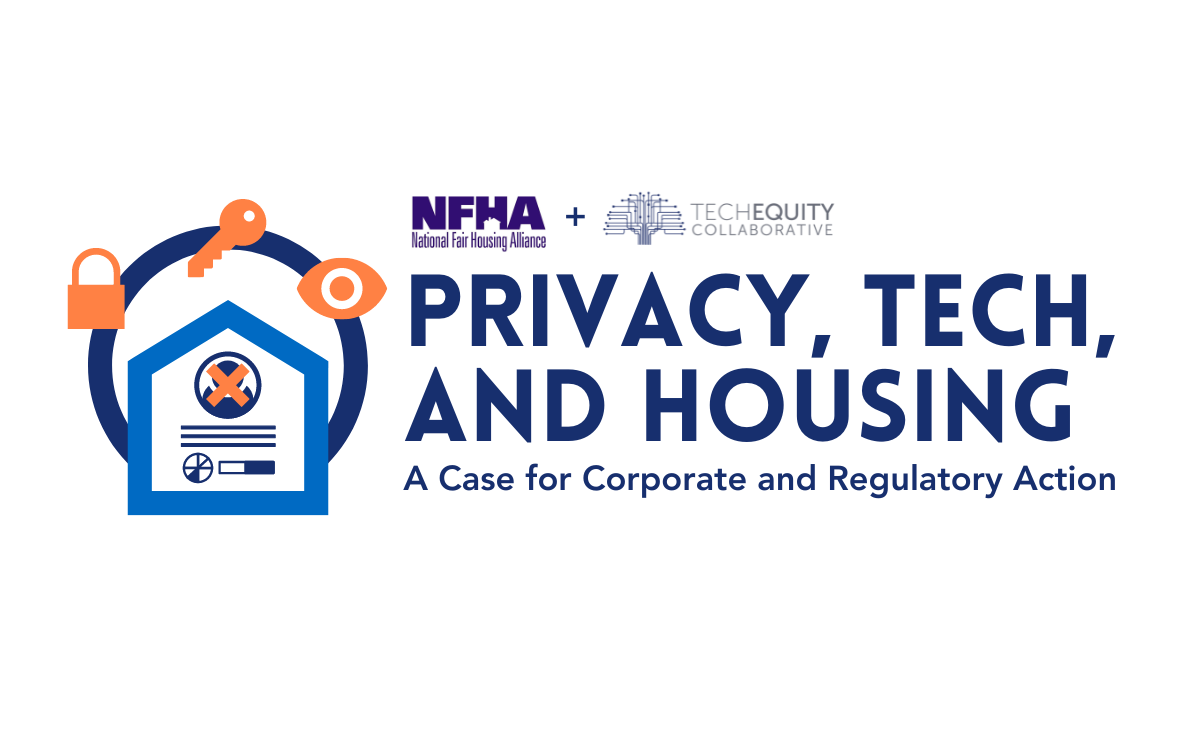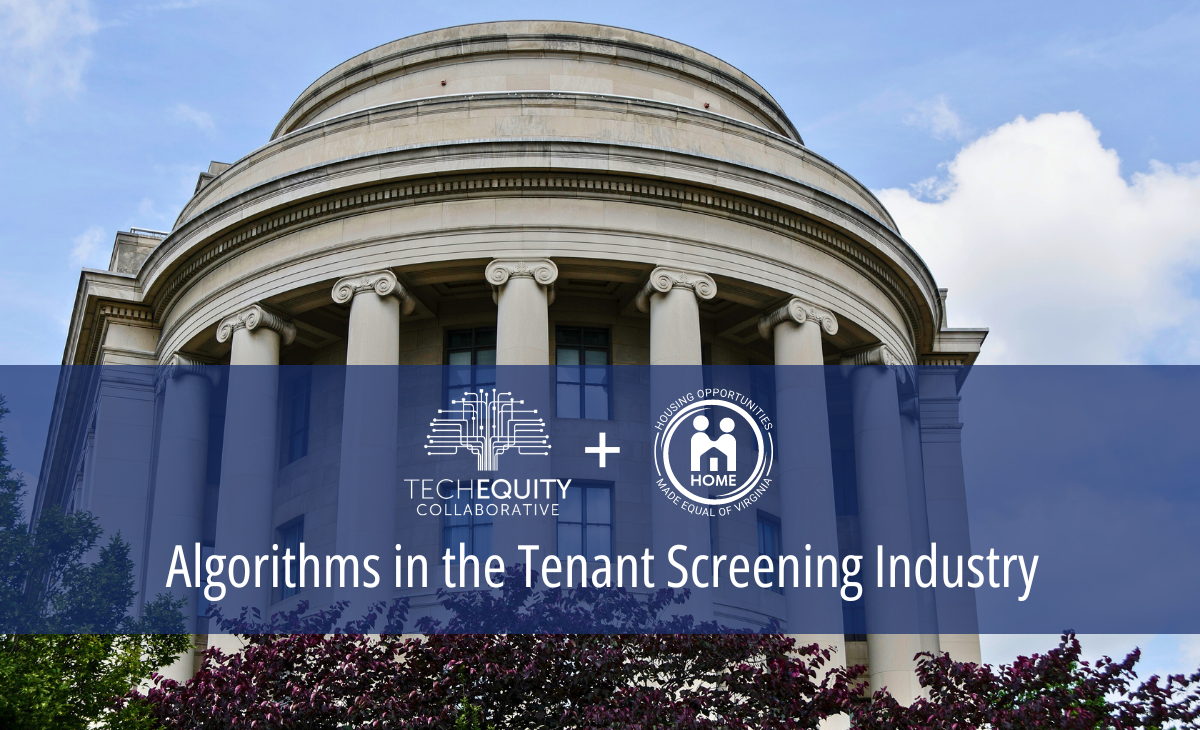Prop 21: What You Need to Know

Election Day is just around the corner. While the presidential race is drawing the most attention, ballot measures and candidates in local and state races have the potential to drastically reshape our communities, amidst and after the COVID-19 pandemic.
That’s why we’ve launched this blog series, to break down the key issues on the statewide and local ballots.
Check out our elections page for articles on the other statewide and local measures.
What is Proposition 21?
Proposition 21 would reform the Costa-Hawkins Act, a state law that limits the rent control laws that local governments can enact. The measure addresses three key provisions of Costa-Hawkins: the age of buildings that can be rent-controlled, the allowable rent increase for a new tenant, and exemptions for single-family homes and condos. Currently, Costa-Hawkins bars rent control on apartments already built when a city’s rent control law was enacted or 1995, whichever came earlier. It also bans any restrictions on rent increases when a new tenant begins their lease.
The ballot measure would change the exemption for new apartment buildings to a rolling 15-year window. Cities would not be allowed to impose rent control on a building for the first 15 years after its construction, but then would be free to set rent control rules on the building. Proposition 21 would also allow cities to regulate the rent increases for new tenants, a policy known as vacancy control. The measure doesn’t grant cities unlimited authority to enact vacancy control, however. Under the measure, cities must allow landlords to raise the rent for a new tenant to at least 15% more than what the previous tenant paid.
The measure would remove Costa-Hawkins’ exemption of single-family homes and condos if they are owned by a corporate entity or by a person who owns more than two properties. Single-family homes and condos owned by a person with only one or two properties would still be exempt from local rent control laws.
Proposition 21 needs a 50% plus 1 majority to pass.
Why does it matter?
Proposition 21 revisits rent control, which was on the ballot in 2018 and was a major topic of debate in the legislature last year. In 2018, AIDS Healthcare Foundation (AHF) sponsored Proposition 10, which would have repealed Costa-Hawkins entirely and was soundly rejected by 59% of voters (TechEquity remained neutral on Proposition 10). AHF has also sponsored this year’s Proposition 21. Between the two elections, the legislature passed the Tenant Protection Act of 2019 (AB 1482), which TechEquity co-sponsored and limits rent increases statewide to 5% per year plus inflation.
While the COVID-19 pandemic has seemingly slowed rent increases and even caused substantial rent decreases in some California cities, it remains likely that as the economy recovers rents will begin to climb again. This means that tenant protections remain an important issue in the state. Rent control is a policy with important tradeoffs, as we’ll discuss later, but the research shows it’s effective at limiting rent increases for existing tenants and keeping them in their homes. Proposition 21 would allow a number of cites that currently have rent control to cover more rental units. San Francisco, San Jose, Oakland, Berkeley, and Los Angeles among others enacted rent control laws in the late-1970s and early-1980s, so Proposition 21 would allow those cities to control the rents for units built after that period.
Who supports Proposition 21 and what’s their argument?
Supporters of Proposition 21 argue that it is a crucial tool that will allow cities to adopt policies to prevent displacement and homelessness by limiting rent increases. They expect that neighborhoods with a high share of low-income residents will greatly benefit from policies authorized by the measure. They also argue that renters who may benefit from newly enacted or expanded rent control policies will be able to spend more of their income at local businesses, which will stimulate the local economy. Advocates point out that individual homeowners will not be affected by the measure. They also argue that tenants who would benefit from expanded rent control are disproportionately people of color, people with disabilities, and LGBTQ+ people.
Proposition 21 is sponsored by the AIDS Healthcare Foundation. Its endorsers include U.S. Senator Bernie Sanders; State Assembly Members Rob Bonta and Ash Kalra, the Association of Californians for Community Empowerment (ACCE), Housing Now!, and the Service Employees International Union (SEIU) California. The full list of endorsements is available here.
As of publication, the supporters have raised about $17 million. The top funder in support of Proposition 21 is the AIDS Healthcare Foundation. The latest contribution data can be found here.
Who opposes Proposition 21 and what’s their argument?
Opponents of Proposition 21 argue that expanded rent control will give landlords an incentive to convert rental units to condos which will reduce the supply of housing and exacerbate the housing crisis. They point out that a similar ballot measure in 2018, Proposition 10, was soundly rejected by voters and claim that Proposition 21 is still very similar to that measure. The opposition is also concerned that the measure would allow rent control for some single-family homes. They would also like more time to see how last year’s Tenant Protection Act affects the rental market before moving towards greater rent control.
The main opposition coalition to Proposition 21 is Californians to Protect Affordable Housing. Groups that oppose Proposition 21 include the California Chamber of Commerce, the California Business Roundtable, the California Rental Housing Association, the Building Owners and Managers Association – San Francisco, and the Building Owners and Managers Association – Oakland/East Bay.
As of publication, the opponents have raised about $31 million. The top funders in opposition to Proposition 21 are the California Business Roundtable, the Apartment Association of Orange County, and the Apartment Association of Los Angeles. The latest contribution data can be found here.
TechEquity Votes Yes on Proposition 21!
Proposition 21 is tricky, but we believe that the positives of the measure outweigh the possible negative effects. We’re supporting Proposition 21 instead of remaining neutral like we did with Proposition 10 in 2018 because we feel that this measure has corrected some of the previous measure’s biggest flaws. The rolling 15 year post-construction window marks a major improvement in mitigating the supply-reducing effects of Proposition 10—however we do still have some concerns about this provision. We also appreciate that individual single-family home owners are exempted from rent control by this measure because very small landlords are particularly sensitive to taking their homes off the market with increased regulation. The limits on vacancy control are also good policy. Without them, cynical cities can use overly strict vacancy control to limit new housing production and encourage elimination of rental housing.
We still have concerns that a maximally restrictive local rent control policy, that is one that sets the rolling exemption at 15 years post-construction and limited rent increases after vacancy to 15%, could have an overly negative effect on housing supply. Housing policy research shows that the trade-off between protecting existing tenants and limiting housing supply is real. The presence of this trade-off alone, however, does not tell if easing restrictions on rent control policies is a good idea. It does give us a framework to evaluate a specific local rent control plan. We remain steadfast in our belief that a city expanding or newly implementing rent control must take this tradeoff into consideration and balance their policy such that vulnerable tenants are protected and new residents and those who have to move within the city are not overly burdened. This is the test we will use when evaluating potential rent control policies authorized by this measure.
Overall, we may have preferred that Proposition 21 set a longer minimum for the rolling post-construction exemption window or a higher minimum increase after a vacancy. The measure, however, does not require cities to use those parameters, it only sets a limit on them. We expect that cities will design their new policies carefully, and we reserve the right to oppose ones that do not strike the proper balance. Ultimately, we at TechEquity believe that we should not let the perfect be the enemy of the good, so we support giving cities more flexibility with rent control.
We say vote yes on Proposition 21!





